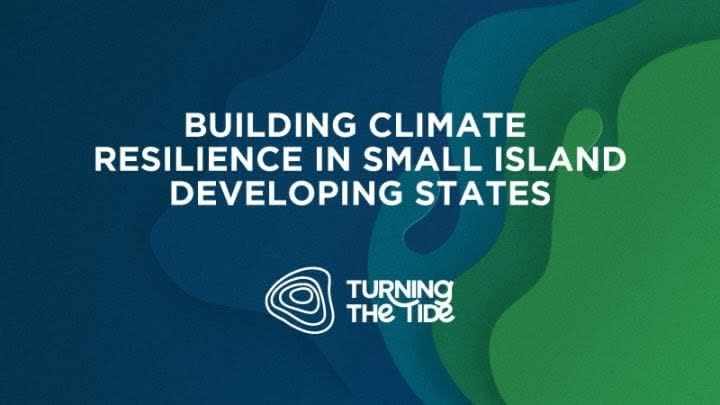BELFAST, Northern Ireland — The climate threat Fiji currently faces — and has been facing for decades — includes rising sea levels and changing weather patterns, resulting in more storms and cyclones, as well as higher rates of disease and shifts in agriculture. In 2012, the local village of Vunidogoloa — largely recognized as the first village in the world to relocate due to climate change — was forced to find higher ground amid a rising sea level.
“That itself speaks volumes about the impact of climate change and why Fiji has always been at the forefront of climate action and negotiation in the international arena,” said Napoleone Drose, former president at the WWF Pacific Volunteers Program.
Other episodes in the Climate Champions podcast series:
► Engaging Pacific youths in climate action with Komal Narayan
While Fiji may be playing a key role in climate action at the global level, Drose — who is currently completing an internship with the GIZ Pacific in partnership with the Pacific Islands Forum — believes engaging individuals as climate volunteers is crucial in safeguarding Fiji from further climate impacts at the local level.
“We are facing the full brunt of climate change and, being the future generations, it’s imperative to act now or we face catastrophic consequences in the future,” he said, adding that individuals must put themselves out there to raise awareness.
For NGOs operating in small island developing states and trying to appeal to volunteers around conservation and environmental projects, Drose said NGOs must be clear in the communication of their objectives and vision, but also highlighted the need for “a solid collaborative effort” between all environmental driven networks. “It would make the work of climate change activists much easier,” he said.
In the fourth episode of the Turning the Tide: Climate Champions podcast, Drose shares more about what climate change really looks like in Fiji, the challenges the country faces in terms of accessing climate finance, and how volunteers can help.
Visit the Turning the Tide series for more coverage on climate change, resilience building, and innovative solutions in small island developing states. You can join the conversation using the hashtag #TurningtheTide.


